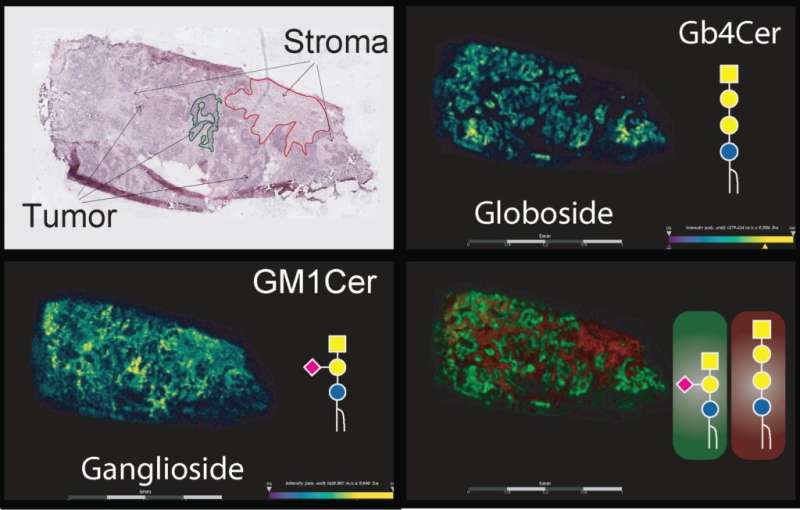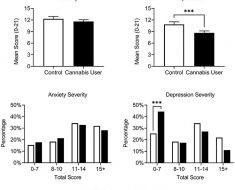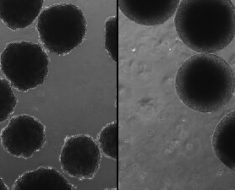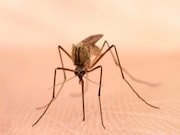
The ability to identify unique sugars that decorate ovarian cancer cells could help prevent the spread of cancer and improve treatment options for women.
Research Scientist Dr. Arun Everest-Dass from Griffith University’s Institute for Glycomics has been studying the metastatic cascade of ovarian cancer cells. This cascade is one of the major reasons for a high death rate.
“During this metastatic cascade, tumor cells undergo changes to their state and behavior, a phenomenon referred to as cell plasticity,” Dr. Everest-Dass said.
“We used an advanced novel imaging technique available in the Institute for Glycomics to investigate the signaling pathways promoting this plasticity in the hopes of creating potential opportunities for the treatment of metastatic ovarian cancer.
“We identified unique sugars on the surface of the cell called ‘glycolipids’ which are involved in the spread of ovarian cancer.
“We found these sugar molecules may be potent therapeutic targets in the fight against the spread of ovarian cancer.”
Institute for Glycomics Director and co-author on this study published in Cell Reports, Professor Mark von Itzstein AO, said the findings represent an important breakthrough in helping us advance our understanding of the progression of ovarian cancer and the identification of new targets for drug discovery.
“We have recently established the Australian Cancer Research Foundation International Center for Cancer Glycomics in the Institute and this study exemplifies the breakthroughs that can be made to advance our knowledge of the progression of cancer,” Professor von Itzstein said.
“Identifying the changes in the carbohydrate language in ovarian cancer cells provides us the real opportunity of identifying not yet explored drug discovery targets.
“Our newly established International Center is unique in the world and will enable our researchers and collaborators to undertake some of the most advanced analyses of cancers that can be integrated with other data acquired from other techniques, for example, genomics studies.
“The integration of our data with other research studies is critical as it will truly provide us a more complete picture of what is going on in these cancers.
“This holistic approach has the prospect of opening many more new avenues for the discovery and development of new early-identification diagnostics and targeted therapies.”
Source: Read Full Article





